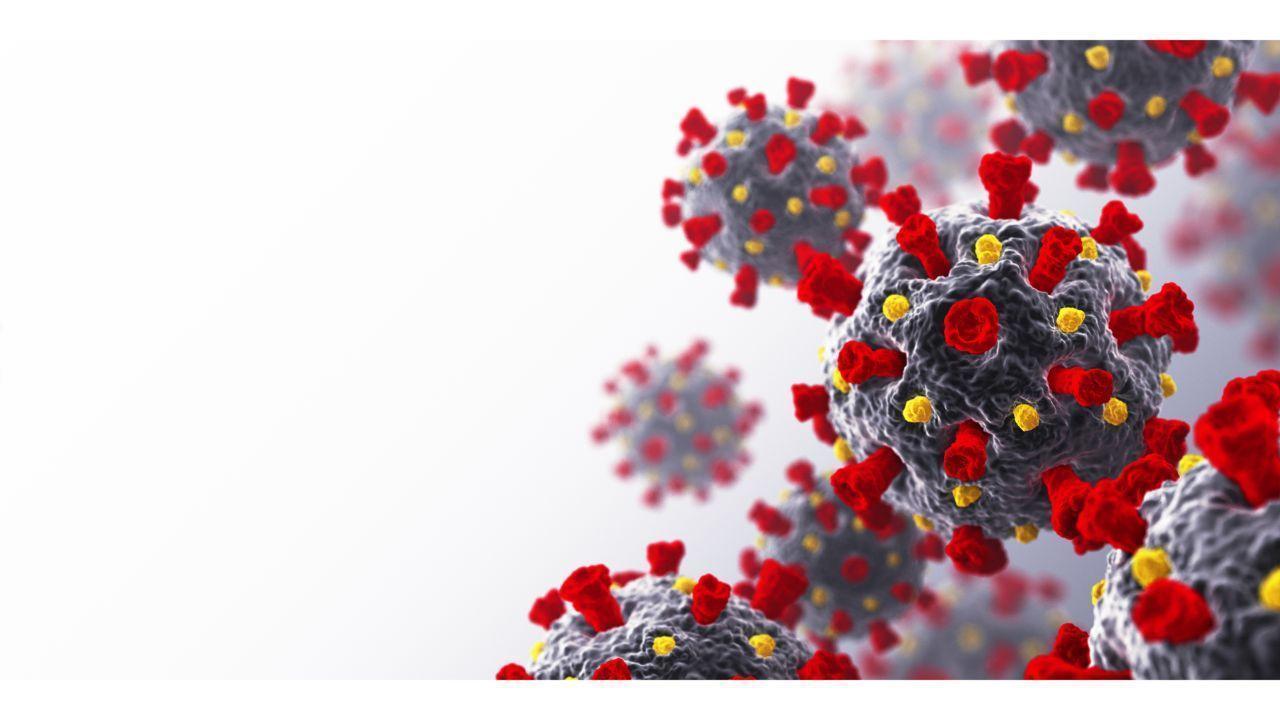The study, published pre-print on medrxiv, which means not peer-reviewed yet, showed that recent reinfections have occurred in individuals whose primary infections occurred across all three waves, with the most having their primary infection in the Delta wave

Image for representation: iStock
The new super mutant Omicron variant of Covid-19 can increase risk of reinfection by three times as compared to other variants of concern such as Beta and Delta, according to a preliminary study by South African researchers.
ADVERTISEMENT
The study, published pre-print on medrxiv, which means not peer-reviewed yet, showed that recent reinfections have occurred in individuals whose primary infections occurred across all three waves, with the most having their primary infection in the Delta wave.
Population-level evidence suggested that the Omicron variant is associated with substantial ability to evade immunity from prior infection. This finding has important implications for public health planning, particularly in countries like South Africa with high rates of immunity from prior infection, the researchers said.
"We find evidence of increased reinfection risk associated with emergence of the #Omicron variant, suggesting evasion of immunity from prior infection," Juliet R.C. Pulliam, from DSI-NRF Centre of Excellence in Epidemiological Modelling and Analysis (SACEMA) at Stellenbosch University, South Africa, wrote on Twitter.
The team examined whether SARS-CoV-2 reinfection risk has changed through time in South Africa, in the context of the emergence of the Beta, Delta, and Omicron variants and conducted a retrospective analysis of routine epidemiological surveillance data from 2,796,982 individuals with laboratory-confirmed SARS-CoV-2 who had a positive test result at least 90 days prior to 27 November 2021. The results showed that 35,670 individuals had suspected reinfections.
They developed two methods to monitor signatures of changes in reinfection risk -- a null model with no change in reinfection risk and compared observed patterns to projections under the null model.
"Using this approach, we start to see reinfection numbers exceeding the projection intervals from mid-November in Gauteng and nationally,"Pulliam said.
In the other approach, the team looked at trends in the relative hazards of primary infection and reinfection.
"Since early October, we see a decreased risk of primary infection, though this could be partially explained by vaccine rollout. We see a simultaneous increase in reinfection risk.
"We also see a recent increase in the number of reinfections in individuals who had already had multiple suspected infections from mid-November.
"These findings suggest that Omicron's selection advantage is at least partially driven by an increased ability to infect previously infected individuals," Pulliam said.
However, the study does not provide information about the vaccination status of individuals in the data set and therefore the researchers said they cannot conclude whether Omicron also evades vaccine-derived immunity and the potential implications of reduced immunity to infection on protection against severe disease and death.
"Immune escape from prior infection, whether or not Omicron can also evade vaccine derived immunity, has important implications for public health globally, but there is still a lot we don't know," Pulliam said.
The team aims to next include quantifying the extent of Omicron's immune escape for both natural and vaccine-derived immunity, as well as its transmissibility relative to other variants.
Also Read: Bhopal Gas Tragedy: 37 years on, children then not born scarred forever
This story has been sourced from a third party syndicated feed, agencies. Mid-day accepts no responsibility or liability for its dependability, trustworthiness, reliability and data of the text. Mid-day management/mid-day.com reserves the sole right to alter, delete or remove (without notice) the content in its absolute discretion for any reason whatsoever.
 Subscribe today by clicking the link and stay updated with the latest news!" Click here!
Subscribe today by clicking the link and stay updated with the latest news!" Click here!







